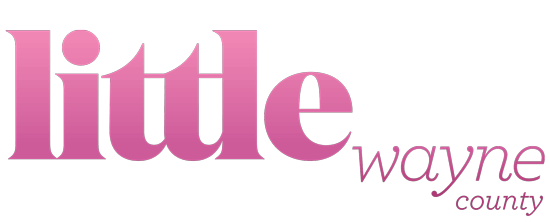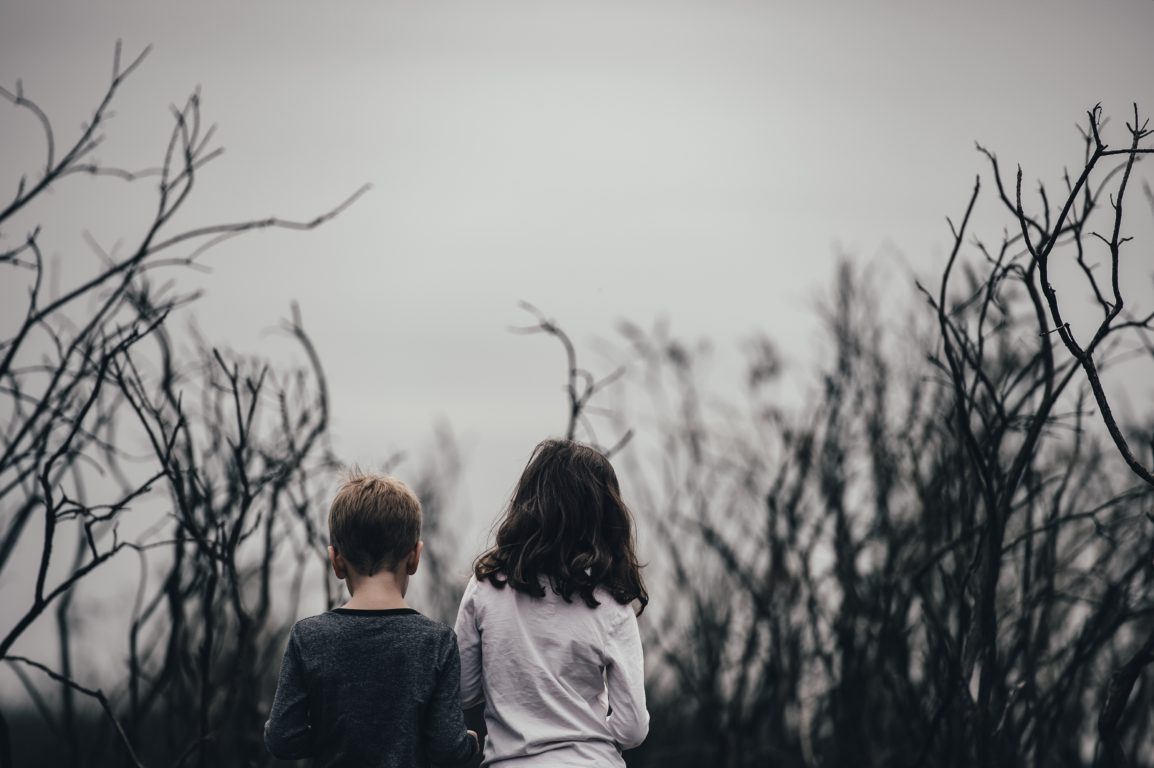Recognizing which people in our lives are good or bad for us is hard at any age. Toxic friends can be damaging to your child, so here is how you can help identify them.
There is no clear-cut definition of a toxic friend. CBS News referred to a toxic friend as someone that you feel does more harm than good. This could be as extreme as someone who pushes you to do things you are morally against, or as simple as someone who only spends time with you when you’re footing the bill. No matter what the offense, children can suffer greatly from befriending someone who does not treat them like a friend.
Here are some things to tell your child to look out for:
Only your friend in private.
For children who don’t have a lot of friends, they are easily taken advantage of because of their desire to have any friends at all, even someone who will pretend not to be their friend around other kids. Ask your child if their friend goes away whenever other kids come around, or if they are silent when other kids are being mean to them.
Taking but not giving
Pencils, food, little trinkets, no matter how small the item is, if your child is constantly giving their friend things but getting nothing in return, then they may be being used. Ask your child if they think their friend will still be friends with them if they stop giving them things.
Peer pressure
Even real friends can be accused of pressuring their friends into doing things they aren’t comfortable with or things that will get them in trouble. Tell your child that no one should threaten to stop being their friend if they don’t go along with what they ask. Also, if this friend is interested in doing things they know they shouldn’t, your child should not be friends with them anyway.
Self-centered
For quiet kids, it’s easy to make friends with kids who are talkative and happy to dominate a conversation. Ask your child if they feel like their friend ignores them when they talk.
Double agent
Sometimes kids will pretend to be friends with someone just to share what they say behind their back. This type of kid is manipulative and may actually think they are being a good friend to your child, so it’s hard to identify this type of behavior. Usually, a double agent will display other toxic behaviors to look out for.
Clingy
There’s nothing wrong with having a best friend, but there is something wrong with a friend who tries to dominate all of your time and is jealous of anything that takes the attention away from them. Ask your kid if their best friend gets mad at them when they talk to other kids or go places without them. This is also the type of friend that won’t allow you to keep secrets.
Discouraging
A friend is someone who should encourage you, not hold you back. If your child’s friends discourage them from trying new things or working hard, they should cut them loose. You will also see this type of friend as one who just always seems to be happy when you aren’t and vice versa.
The bully
Maybe your child’s friend is a bully to everyone else but them. This is concerning for the fact that usually, bullies don’t act alone and it could mean your child is also a bully or at least not doing anything to discourage the behavior.
Competitive
A little friendly competition never hurt anyone, but a friend will never consider themselves better than their friend. Ask your child if their friend always wants to compete with them and what they do when they win/lose. If they gloat or sulk to much, they may be toxic.
On again/off again
Sometimes friends fall out when they don’t see eye to eye on something, but frequent on again off again friendships are not healthy.
Learning how to navigate relationships with other people is a part of growing up. You can teach your child to recognize all of these signs but the most important thing to teach them that they shouldn’t let anyone make them unhappy. Encourage your children to talk to you about things that make them uncomfortable but try not to discredit a kid your child likes. Instead, help your child realize on their own who are good people to associate with and who should be kept at a distance.

